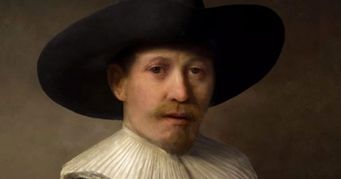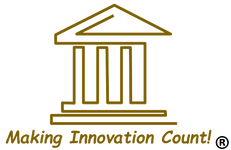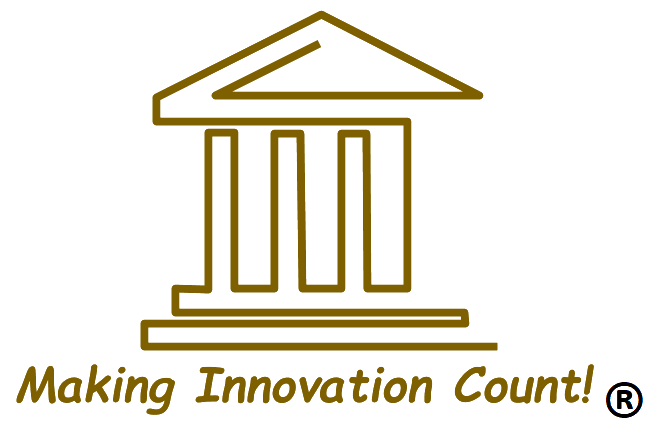 Artificial Intelligence, or AI for short, has been making rapid improvements over the past few years. It seems so long ago when a computer called Deep Blue won its first chess game against a world champion in 1996. However, some would argue that Deep Blue was not artificially intelligent but that it only processed computer code that would rank various moves and then pick the best ranked move. After all, chess has a finite number of pieces that all move in a restrictive manner so in some ways chess is rather predictive and lends itself well to solutions by computer software. Fast forward to the past few years and AI has been able to do some rather amazing things that previously was exclusively in the domains of humans. Here are some examples:
This all sounds exciting and scary at the same time. In the past AI only played a very limited role when creating works of art by assisting the human creator in a particular aspect of the work. Now computers running AI software are starting to replace humans in creating music, writing literary works, and painting works of art. For intellectual property attorneys the question “Who owns the copyright?” is immediately raised. The answer to the question is found by looking at the law. Here in the United States the Copyright Office has declared that it will “register an original work of authorship, provided that the work was created by a human being” as case law held that copyright law only protects “the fruits of intellectual labor” that “are founded in the creative powers of the mind.” (Feist Publications v Rural Telephone Service Company, Inc. 499 U.S. 340 (1991)). See also the first paragraph in Circular 1 - Copyright Basics published by the United States Copyright Office. Here in the United States works of art such as music, literary works, and images that are created by a computer are not copyrightable. The impact of this is that all works created by a computer are in the public domain. Many other countries have similar laws which hold that only humans may obtain a copyright. To the general public this may be desirable as these works of art will be free to copy. However, such an outcome may cause technology companies to invest their billions on other technologies that have the potential to produce a revenue stream and thus hindering the development of AI software here in the United States. Some countries, such as England and other commonwealth nations, have already changed their copyright laws to grant the copyright to “the person by whom the arrangements necessary for the creation of the work are undertaken” in the case of works created by a computer. It is not clear how courts will define “arrangement necessary” but it is a start. In many areas of life the computer has required that we rethink how some of our laws are written. The day is approaching when the United States will have to rethink its copyright law to take into account AI.
1 Comment
|
Categories
All
|
California, Inland Empire - (909) 566-2801
California, Santa Barbara - (805) 500-6241
Tennessee - (423) 226-8036
Georgia - (404) 436-0899
California, Santa Barbara - (805) 500-6241
Tennessee - (423) 226-8036
Georgia - (404) 436-0899

